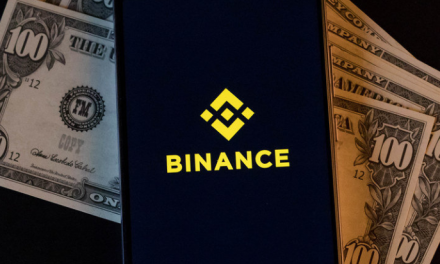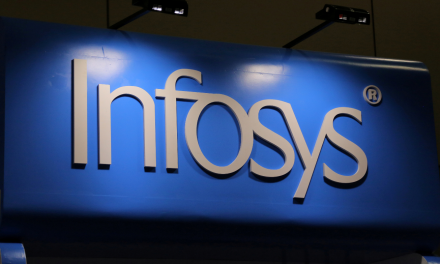Europe Emerges as a Favored Destination for Crypto Firms Amid Banking Troubles in the U.S.
As U.S. banks like Silvergate and Signature Bank scramble to find alternatives, Europe is seizing an opportunity to attract crypto firms. While the U.S. has traditionally been at the forefront of crypto innovation, regulatory headwinds and lack of clarity are causing more firms to consider moving to Europe where regulatory clarity is embodied in the Markets in Crypto-Assets Act (MiCA).
Regulatory Clarity in Europe Versus Ambiguity in the U.S.
MiCA presents a stark contrast to the regulatory ambiguity in the U.S. where firms face new regulatory headwinds every day, creating an increasingly challenging environment for crypto organizations. For new and existing market entrants, this is a significant consideration. It seems that U.S. policymakers are doing their best to suffocate dollar on-ramps into crypto, leaving the door open for the rest of the world to gain a competitive edge over the U.S.
Stablecoins Gain Popularity Amid Banking Cutoff in the U.S.
The good news for investors is that the crypto industry has become less reliant on fiat currencies over the past few years. The percentage of market share of all volume on centralized exchanges for stablecoins just hit an all-time high following the Silvergate troubles last week. In the last year alone, stablecoins have risen from 79% of volumes to over 90%, commanding the vast majority of volumes on exchanges. The cutoff of USD hurts the businesses behind the platforms traders use, not the investors who are increasingly using stablecoins as a means of transacting.
Euro Volumes Spike Amid U.S. Banking Cutoff
While U.S. crypto firms struggle to find alternatives to Silvergate and Signature Bank, early indicators show that the euro may be a big winner of a U.S. crypto banking cutoff, with volumes spiking for the BTC-EUR pair as the Silvergate troubles ensued. The bitcoin-euro pair hit its highest level of market share against the U.S. dollar ever, rising to 21% of BTC volumes last week from 7% in November. This presents an opportunity for Europe to gain relevance in an industry they have been lacking of late.
Will a U.S. Bank Step Up?
The question now is whether a U.S. bank will come forward and welcome crypto deposits. The bigger banks have no incentive to take on crypto deposits right now, especially with the consolidation of bigger banks in the banking sector. It’s the smaller banks that need to attract a fresh wave of deposits as they struggle to compete with the likes of JPMorgan Chase in an ever-more oligopolistic market. Several smaller banks opening their doors to crypto could spread the risk more evenly across a few different banks, as opposed to all crypto deposits being concentrated in a couple of banks, as was the case before. However, smaller banks will need to learn from Silvergate and Signature and diversify their deposits to protect themselves from a bank run.
Source: CoinDesk





